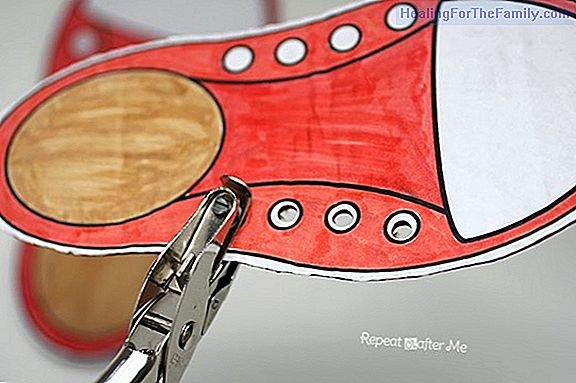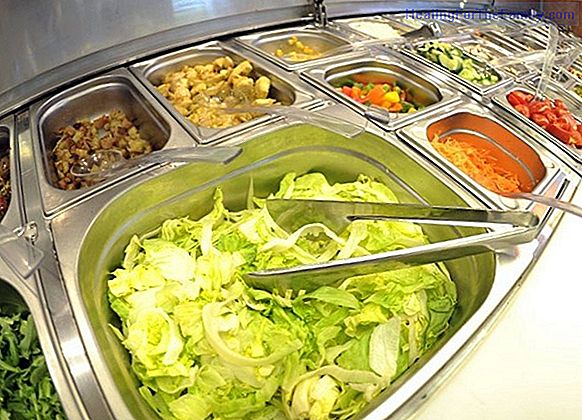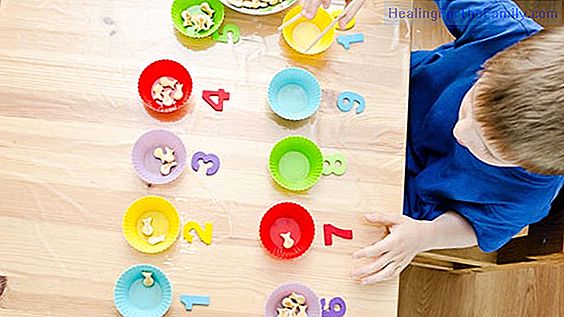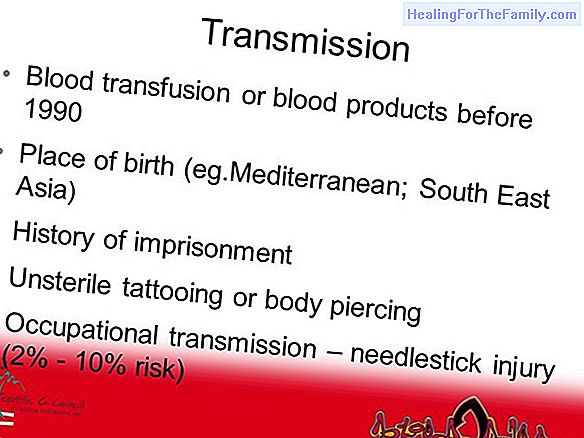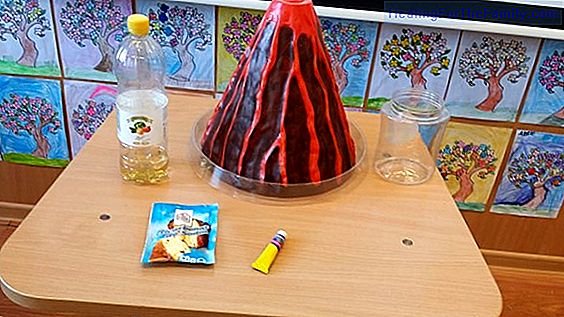Meals and dinners for children
To square the children's menu at home with that of the school is a task that requires a lot of initiative, imagination and a hand for cooking. And not only that, you also have to have some nutritional knowledge to help us complement what the children eat at school at home. When returning to school,
To square the children's menu at home with that of the school is a task that requires a lot of initiative, imagination and a hand for cooking. And not only that, you also have to have some nutritional knowledge to help us complement what the children eat at school at home. When returning to school, it is true that at home we save having to prepare a large volume of food because children only sit at the table once, but what we put on the plate should be very thoughtful.
What do I do for dinner for the children today?

And it is that finding the nutritional balance so that our children grow up healthy, strong and with a correct development is a task that begins in the supermarket. Every weekend we have to choose previously the products that we will consume during the week so that the balance between proteins, carbohydrates and fats is the most appropriate. Then, take it home, place it, classify it in packs or packs to freeze what corresponds and then, and very important, look carefully at the school menu to go out and cook the most appropriate to complement the daily feeding of children.
So with so much trouble, there are days that I do not know what to eat. Between what we ate yesterday or the day before, what they have already given them in school, what they do not like, what they like, but they eat very often, and what they should eat, but it is an effort to get it and what takes me more or less time to cook, there is no one to clarify.
Therefore, I think that putting something different to put in your mouth every day, and that in turn is nutritious and part of a balanced diet, has much merit. Apart from requiring a lot of work, you need an organized mind that knows what is best for each one at each moment. And in many families, each member has very different nutritional requirements. While the elderly are thinking about reducing the consumption of fats and simple sugars, especially in the dinner that is when they get fatter, children need to obtain the great energy they display from carbohydrates and fats, which must be introduced in your diet with a lot of balance to avoid problems of obesity, always taking into account the amount of exercise they do.
Varied and balanced diet for children
However, the most important thing is that children's diet includes varied products from all food groups. The nutrients that are most likely to cause deficiencies in a child's diet are: calcium, iron, vitamin C, vitamin A, folic acid and vitamin B6. For this reason it is important that children drink enough milk or dairy products such as yoghurts and cheeses, which are rich in calcium, a mineral essential for the development and growth of bones.
Other fresh foods such as broccoli and all cooked vegetables and fruits are a good source of vitamins for children. The iron requirements vary according to the age, the growth rate, the reserves of this element, the increase of the blood volume and the absorption rate of the food sources. A deficiency can cause anemia. Remember that the iron that is best absorbed is the animal origin (beef, fish, poultry meat), although it is also present in fortified cereals, spinach and legumes.
Marisol Nuevo. Copywriter



